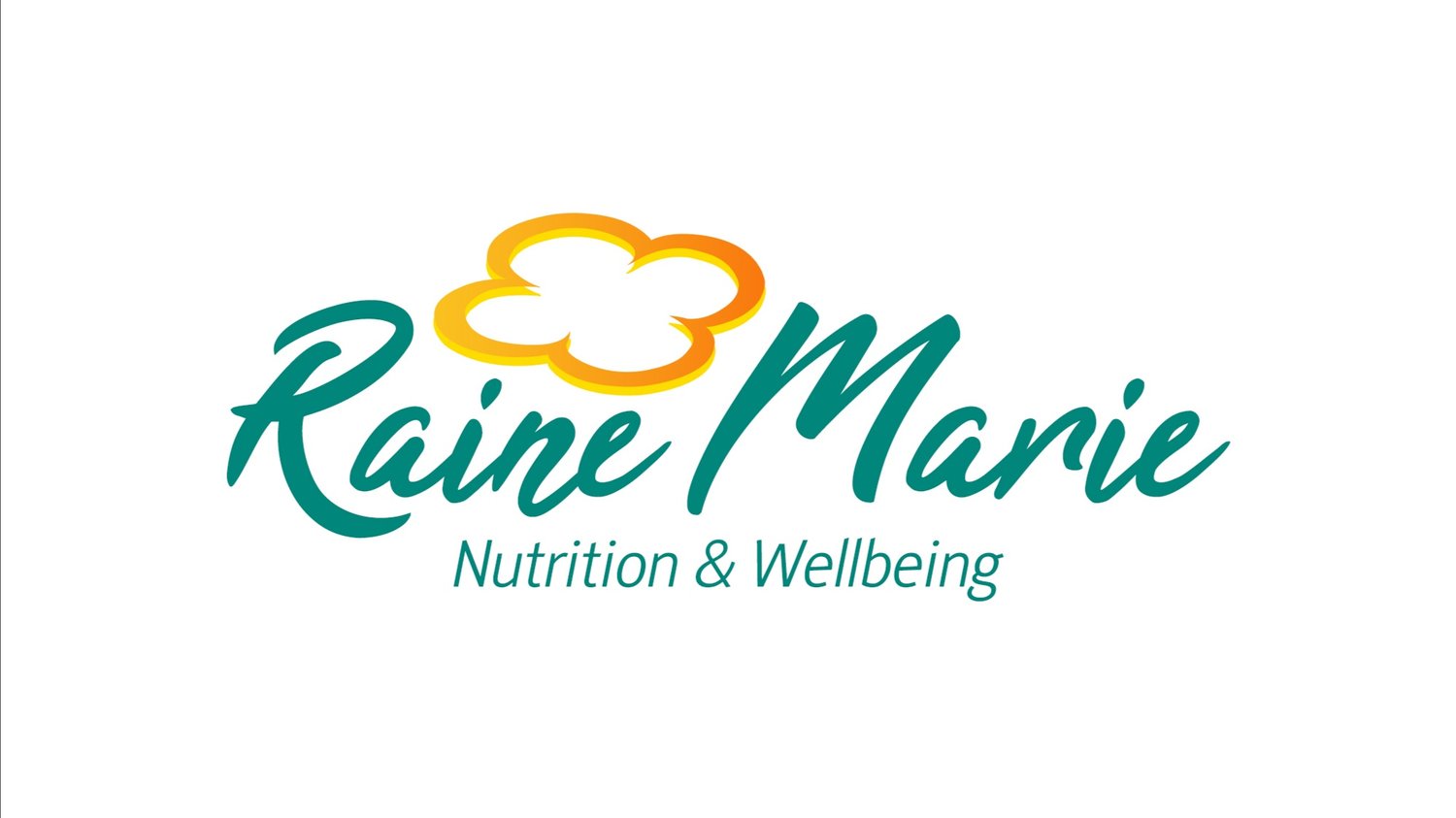Disordered Eating
Dietitian support with disordered eating, intuitive eating, binge eating, problems with dieting and restricted eating
What is Disordered Eating?
Disordered eating is a term used to describe a wide range of irregular eating behaviours and attitudes toward food, weight, and body image. Disordered eating patterns or behaviours do not meet the clinical diagnostic criteria for an eating disorder, such as bulimia nervosa or binge eating disorder, but are still problematic and potentially harmful. These behaviours can include restrictive dieting, binge eating, compulsive eating, or preoccupation with food and weight. Disordered eating may negatively impact a person's physical and emotional health and can be a precursor to an eating disorder, therefore it is important to seek help and support if you or someone you know is struggling with disordered eating.
What should I do if I suspect disordered eating?
If you or someone you know think you may have disordered eating or eating difficulties you might want to reach out to a healthcare provider, such as your GP, who can assess your situation and provide referrals to specialists if needed. Depending on the severity of the disordered eating, medical monitoring may be necessary to ensure your physical health is not compromised.
Talking therapy, such as cognitive-behavioural therapy (CBT) or dialectical behaviour therapy (DBT) are effective in treating eating disorders, therefore you may wish to discuss access to this treatment with your healthcare provider. You may also like to consider if guided self help is a good option for you. Guided self help is recommended in national clinical guidelines as a first line treatment for binge eating disorder. Contact us to discuss guided self help if you are struggling with binge eating or have concerns about your eating and health. Guided self help is delivered by our dietitian as your ‘guide’ to support you whilst working through an evidence based workbook to help reduce episodes of binge eating and other disordered eating behaviours.
If you are struggling with disordered eating, you could connect with others who have similar experiences and share coping strategies by joining a support group, either in-person or online. Register your interest with us if you would like to consider joining a group for guided self help for eating difficulties, led by our dietitian. Don’t forget to sign up for news and updates to gain access to our exclusive discounts and offers on our dietitian led services.
BEAT, The UK Eating Disorders Charity, provides information and support for individuals with eating disorders, including online support ‘chat rooms’. You may also find some of their resources helpful:
The UK's Eating Disorder Charity - Beat (beateatingdisorders.org.uk)
Involving your loved ones in your recovery process can be helpful. Think about friends and family that could be supportive, someone you could talk to about your eating difficulties and how you might tell them about your problem. They could provide emotional support and help create a nurturing environment for you.
Understanding your disordered eating is a crucial step in recovery. You can learn more about disordered eating and the underlying emotional and psychological factors through self help books and guided self help workbooks. Overcoming Binge Eating Disorder by Dr Christopher Fairburn is a credible book that can be used to identify self help techniques, based upon the principle of CBT.
Guided self help for eating difficulties involves use of a workbook and a person as a guide as is an evidence based first line treatment for binge eating disorder. You can book a free 15 minute discovery call to enquire with us about starting on this programme, with a dietitian acting as your guide, or head to our shop to purchase the guided self help package to get started now.
Please note this is an affiliate link and therefore I will receive commission on any purchase of this product with use of the link aboveHow can a Dietitian help with disordered eating?
Dietitians are a crucial part of a treatment team for individuals with disordered eating and eating disorders, helping them to establish a healthier relationship with food. Dietitians provide expert advice and education about food and eating, including balanced eating, eating patterns, portion sizes, nutritional status, food composition and dietary requirements, helping you to make informed decisions.
A dietitian will assess your individual dietary needs and nutritional status, taking into account your age, gender, activity level, and health conditions. A dietitian with experience in eating disorders can create a personalised, structured and balanced meal plan and guide you in developing a healthy relationship with food and to address emotional and behavioural aspects of eating, helping you to make sustainable changes to your food and eating behaviours.
Having regular appointments with a dietitian can provide ongoing support, motivation, and accountability to help you stick to your nutrition plan.
Recovering from disordered eating
Recovery from disordered eating can be a gradual process. Be patient with yourself and seek professional help if needed.
Identifying situations or environments that trigger disordered eating behaviours is an essential part of understanding your difficulties. Developing coping strategies for how to deal with triggering situations is part of the recovery process. Speak to your healthcare provider if you are having difficulties coping and are concerned about your eating.
Self-care is important. Practice self-care routines that promote emotional and physical well-being, such as regular movement or enjoyed activity, connection with others, relaxation techniques, and mindfulness.
Contact us if you would like to learn more about how a dietitian can help you with your eating difficulties or changing your eating behaviours and relationship with food.



